The BU Centre for Entrepreneurship is delighted to welcome Arabella Lewis-Smith to our cohort of Entrepreneurs in Residence.
Jointly founding the Salad graphic design and digital consultancy in 2001 – aged 26 and with a background in fashion – Bella is living proof that, starting with just passion and a creative spark, anything is possible. The classic entrepreneurial success story, Salad has grown from humble beginnings to the award-winning agency it is today, with a team of 13 and working with the likes of Hall & Woodhouse, Olives et Al, Salomon and the Clipper Round the World Yacht Race. Alongside Salad, Bella was instrumental in the launch in 2007 of another venture, Pasture Naturals – which has since shown significant growth and established itself in the luxury washroom product market.
That both businesses have flourished despite a lack of direct experience of either sector speaks volumes for the power of intuition, enthusiasm and sheer hard graft. Above all, though, Bella is convinced that the most important ingredient is people, “I love what I do… the secret has been finding – and putting faith in – lovely, talented people who share that passion. In the early years of Salad I tried so hard to be corporate, slick, polished…. basically, someone I’m not. When I relaxed and started simply being me everything just clicked.”
Whilst for Bella the commercial objective is success – it will never be success at any cost. As an agency, Salad has never espoused a late night working culture – and Bella’s firm in her belief that, in order to do their jobs to the best of their ability, people need to be happy, to be treated fairly… and to have fun.
It’s a message with which Bella hopes to inspire others – and a key reason why we’re so excited she has accepted our invitation to participate in Entrepreneurs in Residence scheme.
For more information about Salad follow www.saladcreative.com To see the profiles of all our Entrepreneurs in Residence please click on www.bucfe.com/entrepreneurs/



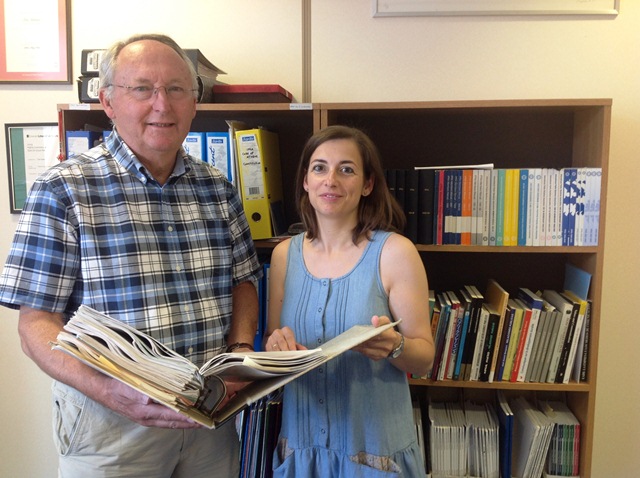


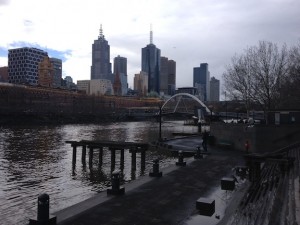
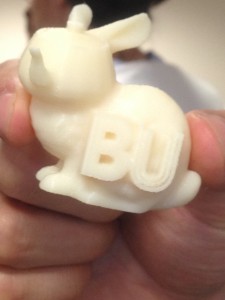

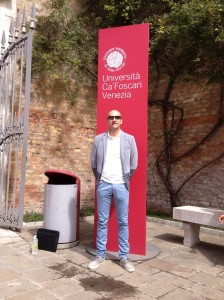

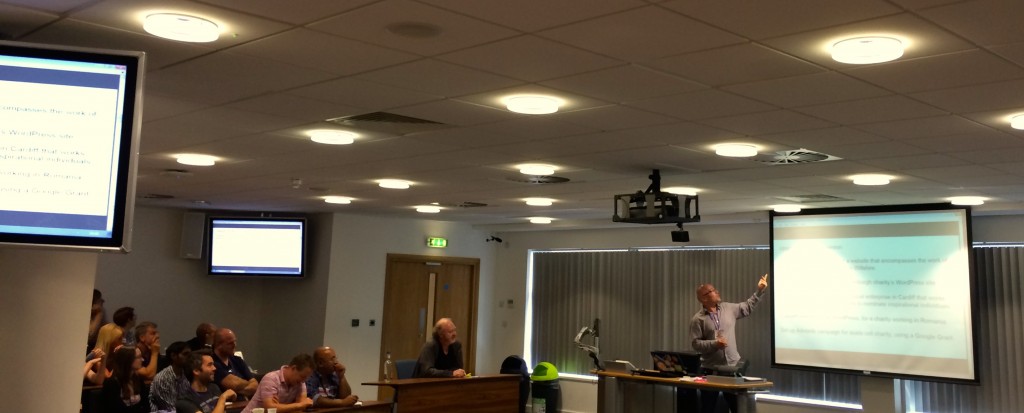
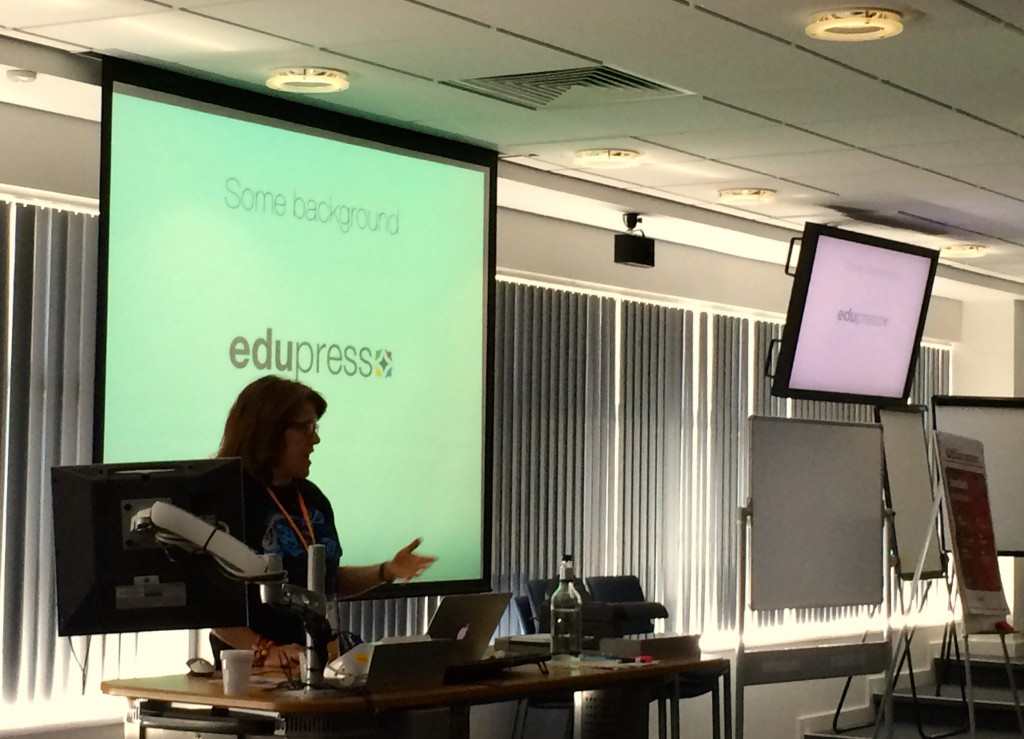

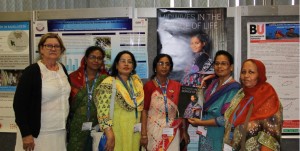














 Nepal Study Days 2024
Nepal Study Days 2024 We can help promote your public engagement event or activity
We can help promote your public engagement event or activity Funded Public Engagement Opportunity – ESRC Festival of Social Science 2024 -Deadline for Applications Thursday 16 May
Funded Public Engagement Opportunity – ESRC Festival of Social Science 2024 -Deadline for Applications Thursday 16 May 1 WEEK REMAINING- Postgraduate Research Experience Survey (PRES) 2024
1 WEEK REMAINING- Postgraduate Research Experience Survey (PRES) 2024 Conversation article: How 2-Tone brought new ideas about race and culture to young people beyond the inner cities
Conversation article: How 2-Tone brought new ideas about race and culture to young people beyond the inner cities MSCA Postdoctoral Fellowships 2024
MSCA Postdoctoral Fellowships 2024 Horizon Europe News – December 2023
Horizon Europe News – December 2023